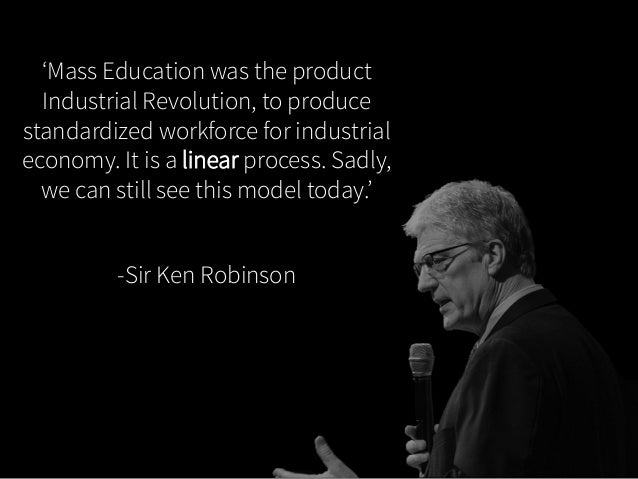How do we get the education system we need?
In the last two weeks, a diverse group of knowledgeable and passionate New Zealanders began to guide the nationwide conversation on how to make the New Zealand education system the best in the world, beginning with two education summits in Christchurch and Auckland. In that same week, ACT's David Seymour has been clamouring for teachers pay based on "merit" as an approach to do just this.
Craig Kemp has also blogged about the global issues of teacher retention. In particular, Craig discovered through asking teachers, that they feel they need more time to focus on teaching, and school leaders need time to focus on instructional leadership over the administration. I am sure the education summits will call for a focus on evidence-based classroom practice. I would suggest that any recommendations from these conversations from such esteemed leaders as former education ministers Lockwood Smith and Marian Hobbs must be one that is unifying and one which educators can rally.
In recent years, one thing that has stood out in discussions about teaching and teachers in the zeitgeist is one of a deficit perspective of our present education systems. As an illustration, one common theme from the likes of educational experts like Sir Ken Robinson is that of “an industrial model of school education that reflects a 20th-century aspiration to deliver mass education to all children”. This ‘industrial model’ is a favourite term for those wanting to push innovation agendas, despite being a myth. Anyone in today’s classrooms knows that they are hardly factories for unthinking workers.


This deficit narrative about education is widespread. As an example, the New Zealand education system is often reported to have widespread “declining performance” and “performance slippage” as measured by PISA testing, especially for those from more disadvantaged backgrounds. Briar Lipson, a former British maths teacher and assistant principal who is now a researcher for the NZ Initiative think-tank, has suggested that the flexible structure of New Zealand's National Certificate of Educational Achievement (NCEA) is to blame, allowing too many students to pass without basic English and maths knowledge.
"It goes hand in hand with low expectations."
One has to ask though, is PISA an accurate measure of comparing education systems? Sam Sellar, Greg Thompson and David Rutkowski have argued in The Global Education Race that although we can learn from PISA, there is also much that we cannot, and using PISA to compare educational systems of different countries can lead to erroneous conclusions. To illustrate this point, Singapore is often singled out as an exemplar of PISA achievement, despite the fact that its school cultures, curriculum and pedagogy are at odds with the concepts of creativity and individualisation of learning supported by education reformers.


In terms of feedback on student achievement, teachers already focus on student data, formative assessment and responding to student needs. Hopefully, the conversation New Zealand is having around education will define the present buzzwords of ‘individualised learning’ and ‘personalised learning’ more clearly, how personalised it is expecting the teaching and learning to be, and how this links with preparing students with the knowledge, skills and understandings they need to be ethical, empowered and active global citizens.
One must always remember that each country is unique. They are not Singapore, Shanghai or Canada, the exemplary education systems of the PISA rankings. However, this does not mean that we can and should not improve education through having high expectations of learners and educators, or that we should not develop our knowledge of effective teaching practice, or that we should not continue to develop our engagement with research and evidence. The New Zealand education system or any educational system, in general, is not merely a parody of the industrial factory model. It is not broken educators and learners waiting for a saviour, or a financial opportunity ready to be inundated with corporate solutions. All teachers, school leaders and school communities deserve trust, respect, support and agency in helping develop effective educational policy.




Comments